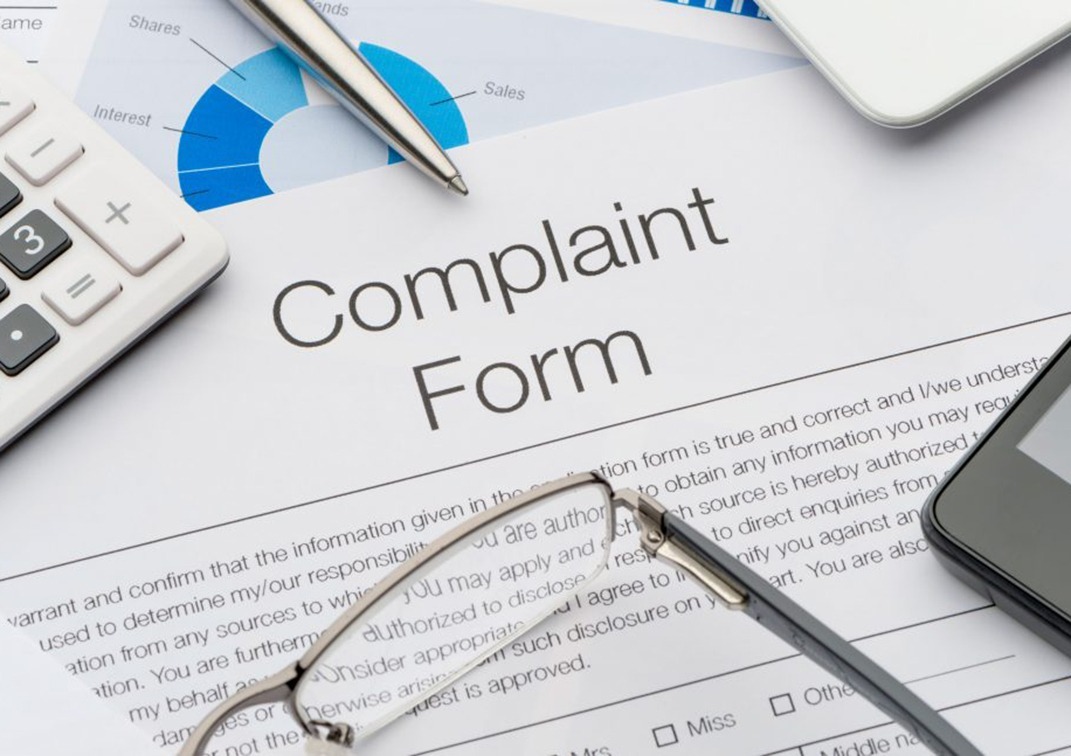If it does happen, you might want to handle it quietly and avoid anyone finding out. It is important, however, that you immediately determine what you are required to report to your licensing authority. Failure to make the required report is often grounds for disciplinary action, even if the event that creates the reporting obligation would not warrant discipline.
This information is related only to proactive self-reporting and does not cover any other reporting that may be required when it is time to renew a professional license. It is up to each individual to know the rules in your profession.
Physicians and Physician Assistants
In accordance with 21 NCAC 32X .0101, licensed physicians and physician assistants must report to the Medical Board within 60 days any update to the information required by GS 90-5.2(a), including:
- malpractice judgments and settlements;
- conviction of a felony and certain misdemeanors;
- any final disciplinary order or action of any regulatory board or agency; and
- any final disciplinary order or other action resulting in suspension or revocation of privileges.
The following must be reported to the Medical Board within 30 days:
- under GS 90-5.4(a), any incident involving sexual misconduct of any licensee with a patient;
- under GS 90-5.4(b), fraudulent prescribing, drug diversion, or theft of any controlled substances by another licensee;
- under GS 90-14.13(b), any malpractice judgment or settlement against him/her where the licensee does not have professional liability insurance or has insurance from entities not owned and operated within North Carolina; and
- under GS 90-16, any felony arrest or indictment, any arrest for driving while impaired, and any arrest or indictment involving controlled substances.
Dentists
Dentists holding a permit to administer general anesthesia or sedation are required to report an adverse occurrence to the Dental Board. Under the applicable Dental Board rule, 21 NCAC 16Q .0703, a permittee must report within 72 hours after the death of a patient related to administration of general anesthesia or sedation within the preceding 24 hours. A permittee must also report within 30 days after an adverse occurrence that results in permanent brain dysfunction within 24 hours of the procedure, or physical injury or severe medical emergency causing hospitalization within 24 hours of the procedure.
Psychologists
The American Psychological Association Ethical Principles of Psychologists and Code of Conduct, Standard 1.05, is incorporated in the Psychology Practice Act, GS 90-270.15(a)(10). Under Standard 1.05, if an apparent ethical violation by another psychologist has substantially harmed or is likely to substantially harm a person or organization, and the violation is not appropriate for or cannot be resolved by informal resolution, psychologists must take further appropriate action. Such action might include referral to state or national professional ethics committees or state licensing boards, although this standard does not apply if intervention would violate confidentiality rights. There is no proactive self-reporting requirement under the APA Ethics Code.
Pharmacists
There is no proactive self-reporting requirement related to disciplinary issues for pharmacists. However, in the event of the loss or theft of controlled substances, pharmacist-managers are required to report within one (1) business day of discovery to the U.S. Drug Enforcement Administration pursuant to 21 CFR 1301.76, and must report the loss to the Pharmacy Board within 10 days of discovery pursuant to GS 90-85.25. In addition, under 21 NCAC 46 .2502, pharmacist-managers are required to report to the Pharmacy Board within 14 days of becoming aware of the probability that a prescribed drug or device dispensed from a permitted location has caused or contributed to customer death.
Caveats and Conclusion
If you find yourself dealing with a professional complaint or a legal problem or if you are aware of a serious problem or issue with another licensee, it’s critical that you immediately assess your obligation to report with respect to all the licenses and certifications you hold. The longer you wait, the greater your risk of being disciplined simply for failing to report a matter that might otherwise have been minor.
Our previous blog and the above summary of reporting obligations are meant only for informational purposes to raise awareness of professional obligations that might exist. A summary cannot capture all the relevant details for these reporting requirements. Also, this is not an exhaustive list. If you maintain a license or certification from a different entity, or you have questions about other types of information you may be required to report (such as address changes), you should check your licensing authority’s governing statutes and rules.
Finally, this is not legal advice and should not be relied upon exclusively in determining any professional’s reporting obligations. Rules change and details matter. If you have questions about your own situation, consult with legal counsel. The attorneys in our office assist licensed and certified professionals with these kinds of inquiries regularly. We’re happy to see if we can assist you, too.

